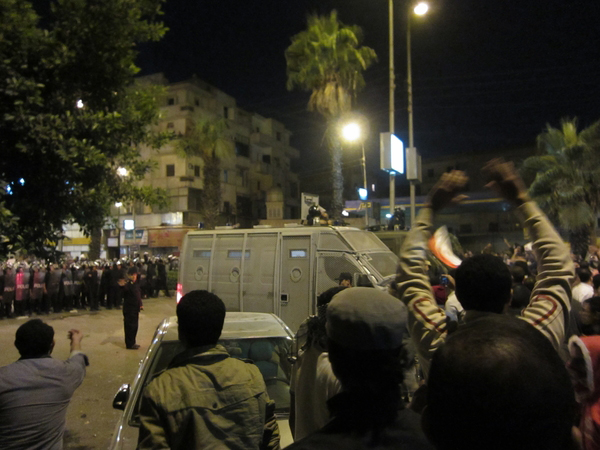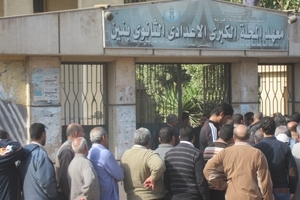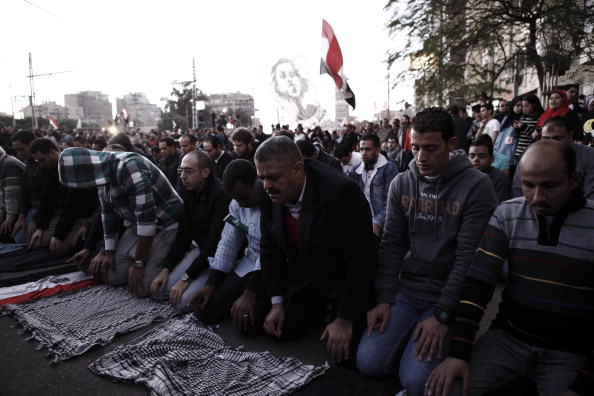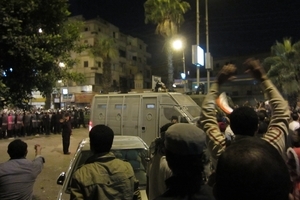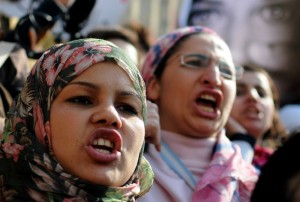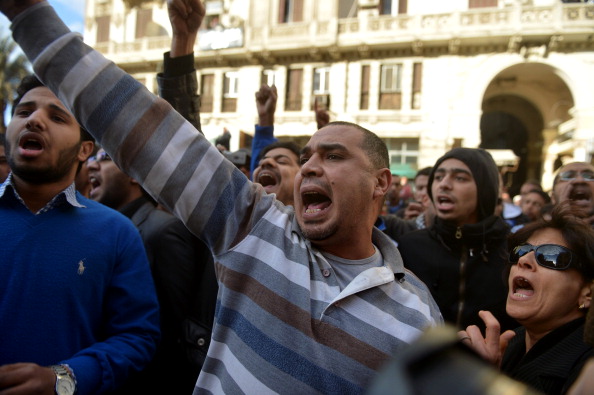
Egyptian protesters shout slogans against President Mohamed Morsi during a demonstration outside the high court in central Cairo on January 30, 2013. (Photo KHALED DESOUKI/AFP/Getty Images)
Before Egypt tears itself apart, it must get out under the shadow of the Mubarak years. The way forward begins with breaking the culture of impunity that protects security forces and police from accountability for their abuses.
Amnesty International has long feared that the failure of the Morsi government to hold security forces and military accountable for their past human rights abuses ensured that those abuses would be repeated when the government called on those institutions to respond to the popular protests.
Sure enough, reporting from Egypt, Amnesty International researcher Diana Eltahawy documented evidence that points to the use of excessive force by Egyptian security officials.
